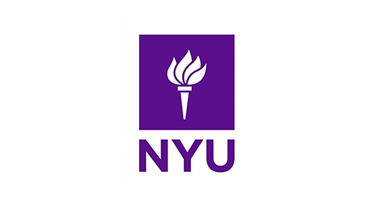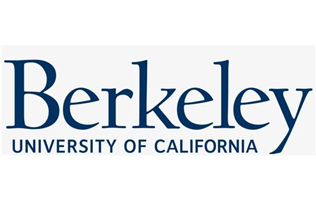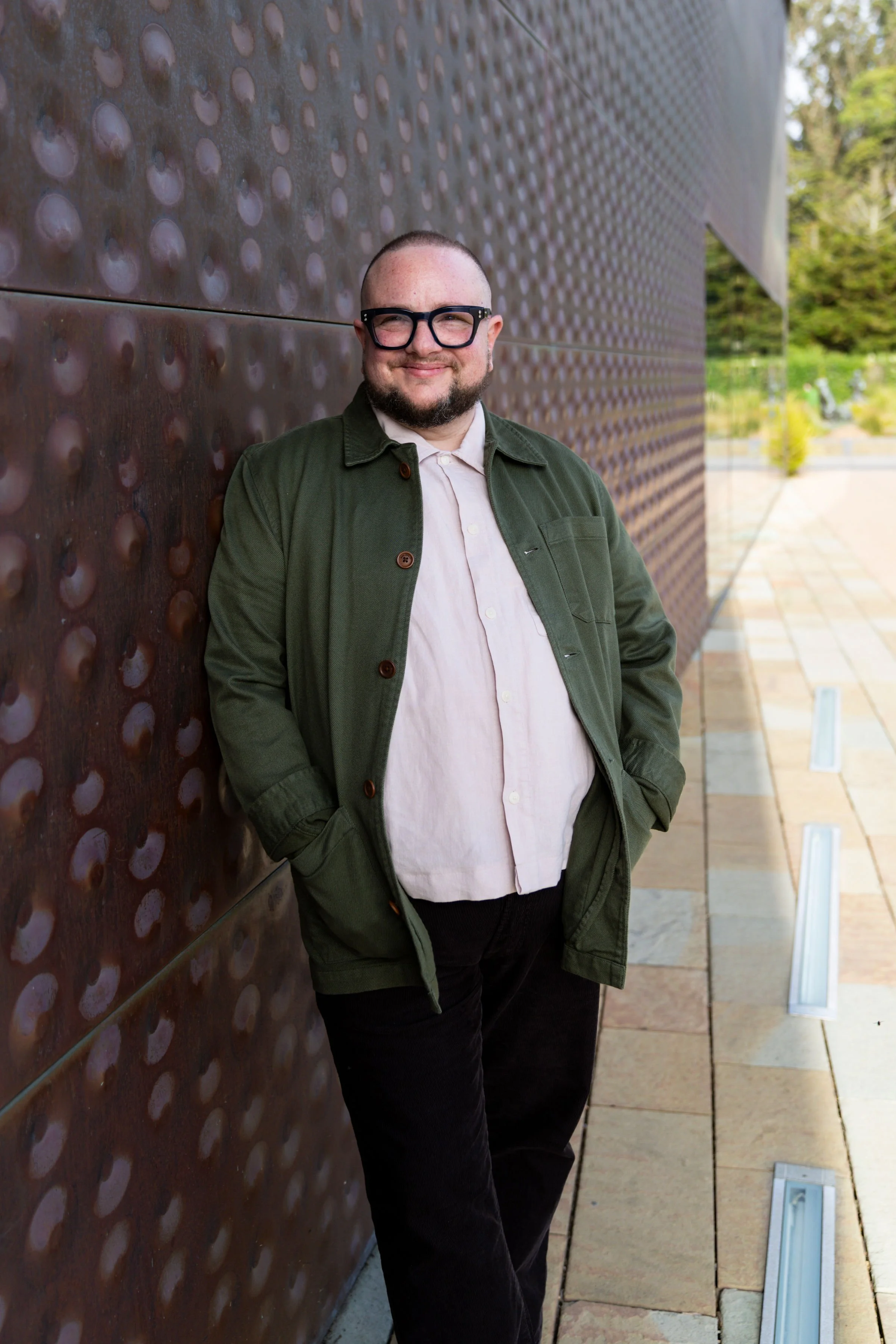Public Speaking
Rabbi Elliot Kukla is a skillful, dynamic speaker who frequently teaches, lectures, and serves as scholar-in-residence internationally at universities, synagogues and churches, conferences, retreat centers, and many other venues.
Some of his topics include:
-
Meet the genders beyond male and female in ancient Jewish holy books.
The current moment of anti-trans backlash is often framed as a clash between traditional religious values and newfangled ideas about gender. However, gender radicals exist within millennia-old sacred texts of Judaism. In this session, Rabbi Elliot tells his own story about how discovering the six genders beyond male and female in the Talmud inspired him to become the first openly transgender rabbi.
We will also learn about how Adam (the first human being) and Abraham and Sarah (the first monotheists) were gender radicals, according to the ancient rabbis. No knowledge of Hebrew, religious background, or particular beliefs are required or expected to participate in this class.
-
Rabbi Elliot offers hands-on labs on how to create new rituals to meet the needs of your community, including blessings and ceremonies to honor aging, deepening disability, gender transitions, the loss of homes, hopes, ways of life, and more.
-
When we turn to the topic of disability access for our organizations or communities, we tend to get stuck in the details. We worry about things like wheelchair ramps and ADA toilets. All these things are important, but they are leaves on the tree of access: relationship is the roots. You can take care of all those details and still not meet the needs of the people who actually want to access your community.
In this session, we will explore the thinking of contemporary disability justice activists like Mia Mingus, Alice Wong, and Leah Lakshmi Piepzna-Samarasinha. You'll gain tools for thinking about how access intersects with your community's existing practices and values. This session helps audiences understand that access is not a checklist. Access is about connection. Access is love.
-
Melanie Kaye/Kantrowitz famously wrote that “solidarity is the political form of love.” What does it mean for Jewish people to act in solidarity with Palestianians today? In this session, we will explore how solidarity has deep roots in the Bible, and how it can heal individual and collective wounds.
-
The term "disenfranchised grief" refers to grief that is not widely socially recognized, and is rarely marked by funerals or plaques. Examples include heartbreak, divorce, estrangement, pet loss, the death of an abuser or an ex, abortion, miscarriage, moving, immigration, aging, the loss of a queer relationship, or accompanying elders with dementia, along with many other underrecognized losses.
Over the past few years, the world has changed rapidly due to many intersecting crises. Political upheaval, climate disruptions, and pandemic have all led to losses of people, places and things. In turn, we're faced with vast, unmarked, and disenfranchised grief. When grief is not recognized, it can lead to feelings of hopelessness, confusion, and despair, as well as addiction and mental health challenges.
This session supports participants in beginning to name loss, and move towards hope and healing.
-
Workplace burnout is at an all-time high. In 2023, 42% of workers reported burnout, which marks a new record. We are exhausted and need to do less, and yet so many of us feel guilty whenever we try to rest. Why is this?
In this session, we will explore rest as a liberatory spiritual practice that can help us heal as individuals, strengthen loving relationships, and create a more sustainable future.
We will begin by discussing the racist and exploitative origins of the stigma surrounding the term "lazy." Next, we will explore sources on rest from a variety of ancient and modern spiritual sources, including the Torah on the sabbath, the Nap Bishop, and Chinese practitioners Tang Ping. Finally, we will begin to uncover how to integrate rest into our own lives through concrete spiritual practices that can be used individually and within your organization.
Some of Elliot’s keynotes & speaking engagements:












Testimonials:
“I'm really grateful for the language you gave us, the way you modeled, sharing your own experience inside a solid political analysis, and the conversation you opened up. Feeling inspired – and with language for the first time for things that have been inarticulate.”
—Rabbi Leora Abelson, Chaplain,
Hebrew Senior Life
“Rabbi Elliot was amazingly flexible, reflective and really listened and adjusted leading to what was being contributed.”
—Student at SVARA: A traditionally radical yeshiva
“I wanted to thank you for being “rain in the desert.” We needed this text and your words on it so much… Thank you so much for holding space for our group and being who you are.”
—Fran Brau, Jewish Museum of Brussels, Belgium
“I adore learning with Rabbi Elliot! It feels like being in an intimate, not at all intimidating, revolutionary laboratory - amazing!”
—Student at SVARA: A traditionally radical yeshiva
